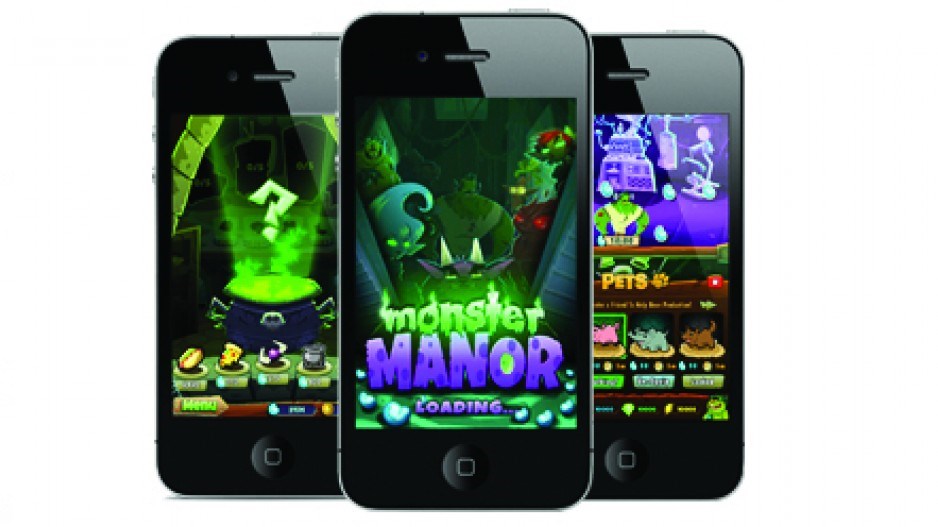Fulfilling New Year’s resolutions to exercise or lose weight can be tough, and there are apps that can help you stick to your plan. But if you fail to hit your targets, it’s no big deal.
It’s a different story, however, for a child with Type 1 diabetes. Failing to take insulin or blood tests could be fatal.
Helping kids manage their diabetes is just one of the apps developed by Ayogo, which has carved out a niche in app development with its gamification approach to health.
Ayogo has developed apps for managing diabetes and is developing programs for managing child obesity and cystic fibrosis.
Gamification uses rewards to encourage participation and is often used as a marketing tool.
But it can also be used to improve health and manage diseases by encouraging “adherence” to certain tasks, like taking blood tests, said Ayogo CEO Michael Fergusson. It does so by creating an “economy of incentives” that reinforces certain behaviours.
“Our brains are not designed to respond to nothing,” Fergusson said. “They were designed to respond to something. What you want is something to happen that made you do the right thing.”
Monster Manor, an Ayogo game played on a smartphone, is for children recently diagnosed with Type 1 diabetes. The goal of the game is for children to release monsters trapped inside houses.
Once released, the monsters become their friends and must be cared for. Players can even buy their monsters pets. Releasing the monsters and caring for them requires currencies earned when players take their blood tests.
As Fergusson points out, pricking your finger several times a day is not an easy habit to form, especially for children.
“There’s this new thing that’s been added to your life, you have to do it five times, it hurts, and when you do it, nothing happens,” Fergusson said. “There’s no incentive to correct behaviour.
“Diabetes is like a kind of monster – it sneaks up on you, it hides under your bed, it makes bad things happen. But if you take care of your monster, then your monster will be friendly.”
Some of the artifacts needed to unlock rewards are scarce, so the child can tap into a social network of other Monster Manor players to trade artifacts – another key element of gamification.
“We think of these kinds of games as being natively social,” Fergusson said. “That’s usually an important part of what makes something playful – the presence of other people.”
Before it develops a health- related app, Ayogo’s team studies the peer-reviewed science on the disease or condition.
“We’re doing some early work around aging and dementia, which we has some really interesting possibilities,” Fergusson said.
Vancouver’s Vivity Labs Inc. is already in the brain fitness space. Its Fit Brains apps are designed to sharpen mental acuity to help stave off dementia and improve memory and concentration.
Gamification can also be used to reinforce healthy habits, like exercising. Yyoga recently climbed aboard the bandwagon with the release of a new app.
Yyoga co-founder Terry McBride said the app can be used to find out where a class is taking place and set goals. “It allows you to track progress and get rewards,” McBride said. •




